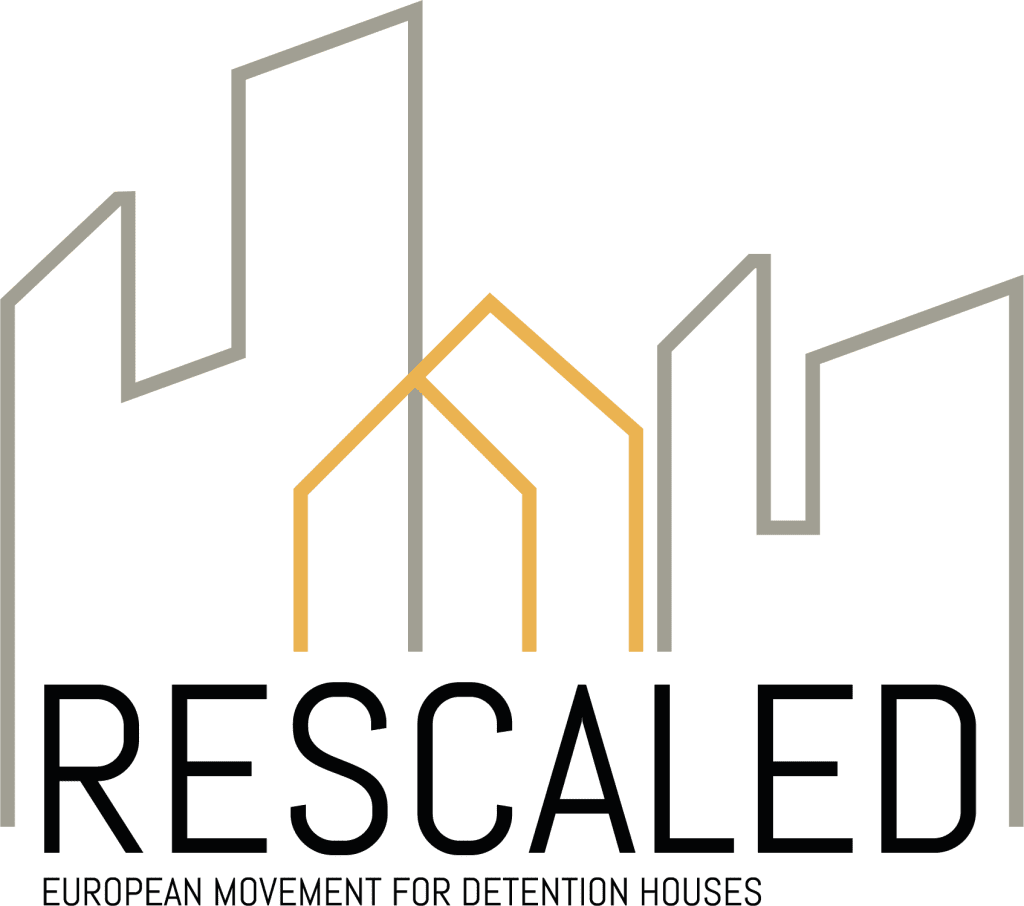Dear members, dear all, my dear friends
It is really a great pleasure for me, and an honour, to inaugurate – and in person too! – in my capacity as chair this General Assembly of our international organization “RESCALED”.
I would like to begin by thanking all the members of our board, and Helene in particular, for your confidence in entrusting me with this responsibility.
This organization is the result of more than a decade of work founded on Hans Claus’ conviction that we all need to re-paradigm how we think about prison.
Indeed, prison must not only deprive individuals of their liberty in the interest of public safety, but it must also be the road to social rehabilitation, contributing to lowering the all too high rate of recidivism we experience in many European countries.
No, a prison is not just a building that stands apart from society; prison is an institution that is part of society, and must contribute to society’s improvement.
From this conviction, we draw our core concept which is: small-scale, differentiated in treatment of individuals, and integrated in the wider community. These are the three pillars of “the new house of detention”.
And I am personally very happy, as are the members of the board, that Hans accepted to serve on our board as the guardian of this concept, because focus can easily shift to well-intentioned initiatives in the prison context that can be very valuable but that are not linked to houses of detention because they do not contribute to re-purposing prison.
Today this concept is carried forward by the five countries that adhere to this Non-Governmental Organization, Belgium, the Netherlands, Norway, Portugal, and France, along with the support of a large number of voluntary associations. It is this movement that has breathed life into this concept and has made our organization a reality, making it a recognized international association as, for example, is borne out by the recent royal decree that ratified our statutes and articles.
We will continue working together towards our goal, which is step by step, do away with large traditional prisons and have them replaced by smaller “houses of detention”, which more intelligently and realistically focus, in terms of security and support, on the individuals under detention, and which are more closely integrated into the surrounding social and economic fabric.
Resistance to such change can be challenging, as we have often learned, and faced difficult disappointment.
And so it’s not always easy to work together given our different cultures, the geographical distances between us, our working habits, and our differences of language, but we are nevertheless united by the shared values that dedicate us to our work: first and foremost our conviction that a person can pick themselves back up and stand tall if we honestly help them find their way to reclaiming their destiny and dignity, and that what matters most is respect for the humanity of every person.
We are convinced that such a path for re-integration can be more effectively found for more people through this new model of detention.
And we are engaged in trying to convince all concerned, working hard to bring aboard new countries and partners, looking forward to the time when our societies will accept the challenge of this change in the understanding of prison, and make progress with us in a consensual way.
So let us be as intrepid as Rodrigue in Pierre Corneille’s great play “Le Cid” who said to his king, “We were only five-hundred when we left, but joined by allies, to our joy, you now see three-thousand of us here in arms for you”.
The task now is to stay the course and keep looking ahead together.


